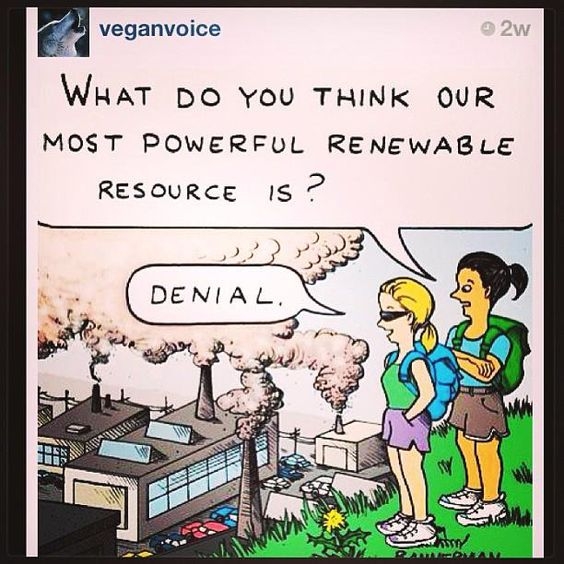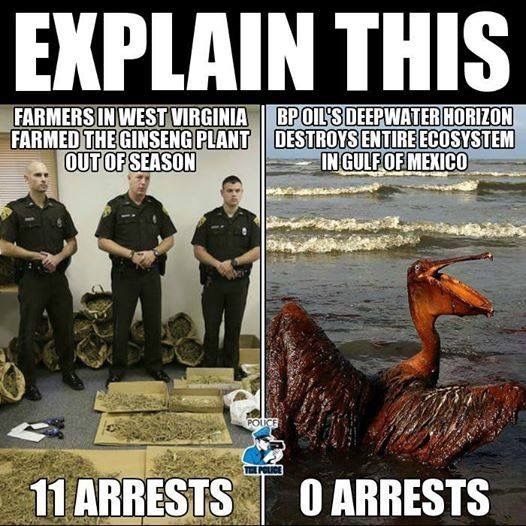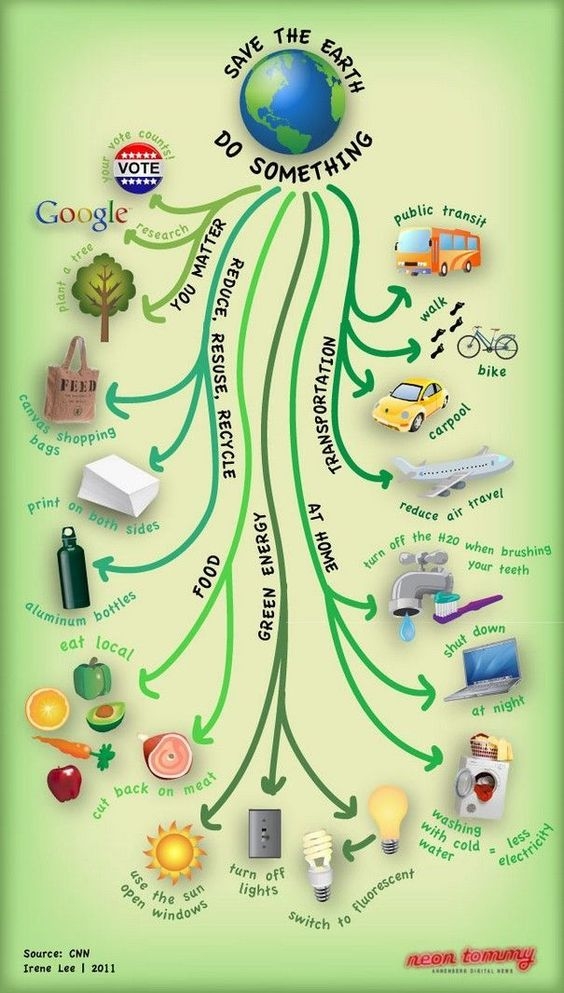
There are plans to perform seismic testing in the Ocean of the South Western Cape. The impact of this will be devastating to ocean life in that area. The testing is the precursor of deep sea oil drilling.
If we don’t act urgently, our ocean heritage will disappear and be replaced by the pollution and climate change caused by the greedy oil barons
Original September 3, 2018
EDITOR – On Tuesday, 21 August a calf humpback whale was beached at Amanzimtoti Beach within Durban’s city limits.
This was greeted with shock and horror by people who use the beaches for recreation and their livelihoods, as well as all of us concerned about the impact of oil and gas exploration on our environment, including climate change.
In recent months, seismic testing has been conducted in the Indian Ocean along South Africa’s coastline from the tip of Lake St Lucia in the north to the Western Cape in the south. Seismic testing is designed to estimate the size of oil and gas reserves – and while nowhere near as invasive as drilling, it can generate major environmental problems which we have long warned about.
To carry out such surveys, ships tow multiple air gun arrays that emit thousands of high-decibel explosive impulses to map the sea floor. Blasts from seismic air-guns are repeated every ten seconds, 24 hours a day, for days and weeks at a time. The seismic testing on its own is well known to cause severe problems to whales, dolphins, sharks and other marine life. In the last few months we have seen a dolphin and a whale beach on KZN’s shores.
Operation Phakisa: Oceans is former President Jacob Zuma’s 2014 plan to exploit the ‘blue economy’, but while tourism and protection for our marine resources are sometimes mentioned, it’s clear that oil and gas exploration gets priority.
This will not only destroy marine life but in turn will cause a ripple effect which affects many of us who depend on the ocean for our livelihoods. A comprehensive investigation needs to be conducted by an independent body to explain the beaching of several whales since the exploration began. There has so far been no accountability.
Over a dozen whales washed ashore in Ghana at the peak of seismic activities in that country’s quest for fossil fuels. The experience has been seen elsewhere, including on the coasts of the Niger Delta in Nigeria.
“The death of big aquatic animals such as whales indicate that smaller species are being decimated,” according to Nnimmo Bassey of Health of Mother Earth Foundation (HOMEF). “Fossil fuels are soon becoming history due to their extreme impacts on the climate. This is no time to destroy our marine systems. They are more valuable than oil,” Bassey insisted.
If oil and gas exploration continues and moves to the stage of drilling, we should all commit to fighting back, including civil disobedience. As sea-loving people and as citizens of a planet under threat from climate change which is causing ocean acidification, rising sea levels and extreme weather, we should stand up for those species and for an environment that desperately needs protection.
If we don’t act urgently, our ocean heritage will disappear and be replaced by the pollution and climate change caused by the greedy oil barons active in exploration: ExxonMobil, ENI (Italy), Statoil (Norway) and our own Sasol. At SDCEA we will ratchet up our campaign against oil and gas, and work with our allies in the US, Norway and Italy to punish the firms endangering our sea life.















































